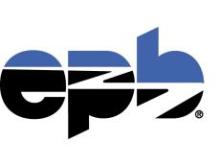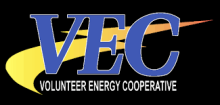
Chattanooga's EPB Fiber Optics now offers 10 gigabit Internet service to all households and businesses in its service area. The ultra-fast service is available for $299 per month with free installation, no contracts, and no cancellation fees, announced community leaders at a press conference on October 15th.
In addition to 10 gig service, EPB is also offering "Professional" products available in 3 gig, 5 gig, and 10 gig for large businesses. Smaller businesses have the option of choosing 5 gig or 10 gig Internet products. According to the press release, prices on all the new products vary.
Since the network was launched in 2010, Chattanooga has transformed from one of the "dirtiest cities in America" to a haven for the entrepreneurial culture. Chattanooga experienced explosive economic development leading to thousands of new jobs, substantial public savings due to the network's smart grid capabilities, and new educational opportunities for students and workforce development.
Chattanooga’s fiber optic network has produced tangible results. A study recently released by University of Tennessee at Chattanooga Finance professor Bento Lobo shows “the Gig Network” helped the Chattanooga area generate at least 2,800 new jobs and at least $865.3 million in economic and social benefits. The study also found the EPB smart grid, which is the cornerstone application of the utility’s community-wide fiber optic network, has allowed customers to avoid an estimated 124.7 million minutes of electric service interruptions by automatically re-routing power (often in less than a second) to prevent an outage or dramatically reduce outage durations.[read the study here]
The city created a standard other communities strive to achieve; we often see communities aiming for the $70 gigabit price point offered by EPB. As a leader for other municipalities, it is only fitting that Chattanooga has taken this next step forward.
Also from the press release:
“Chattanooga’s 10 Gig fiber optic network is a world-class platform for innovation,” [Harold DePriest, president and CEO of EPB] said. “In recent years, the need for faster Internet speeds has increased rapidly. Chattanooga is the perfect place for companies to enhance their productivity today and test the applications everyone in the country will want tomorrow.”
Read more about Chattanooga's journey to become a gigabit community in our 2012 report, Broadband At the Speed of Light: How Three Communities Built Next-Generation Networks.







